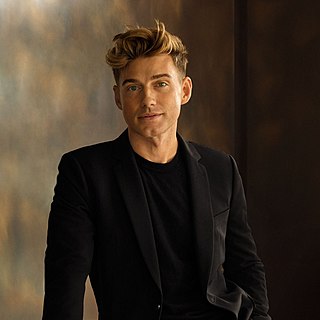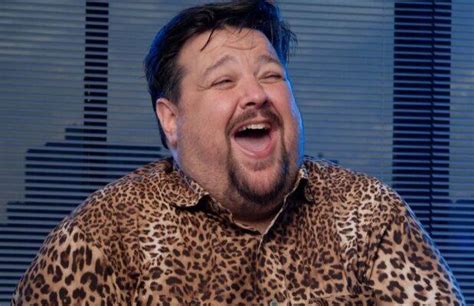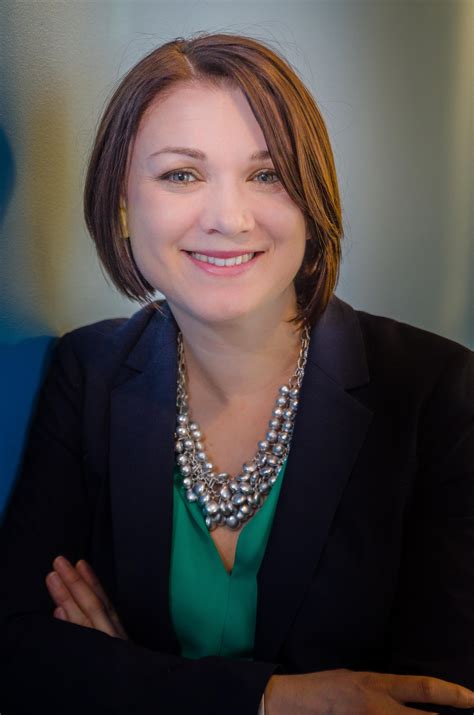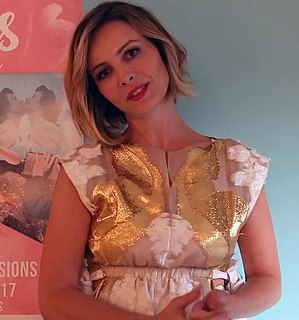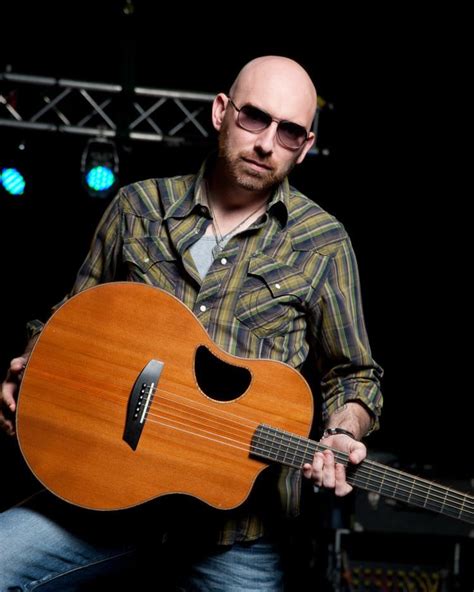A Quote by Sarah Rees Brennan
When people talk about being a writer, the first words that come to mind are glamour and artistic parties like Charles Dickens used to mix cocktails for.
Related Quotes
She [Hillary Clinton] says I know that this is the first time that one of our two major parties has ever nominated a woman, and that takes some getting used to even for me. And I think that she has to somehow figure out a way to talk about it. She doesn't like being a symbol, but in many ways, that's what tonight is about.
We are herding the young in that direction so that they are not sitting still and contemplating, Goddamn it, a page of exquisite prose by Charles Dickens, which is filled with rage about poverty and the need of a household to survive. That's not in the table for consideration now. And people don't understand that beautiful rage of Dickens because they don't share it. They haven't got time to worry about an oppressed culture, a subclass.
I got used to being a writer. To compare it to teaching - I taught for twenty-five years; for the first two or three years it was heady. I was discovering that I could do something and do it well. Be useful to people. It was exhilarating, sort of like the first two weeks of being in love with somebody, and then it becomes like the third bite of pizza. The first bite is wonderful. The second bite is not disappointing. The third? Meh. You get used to it.

